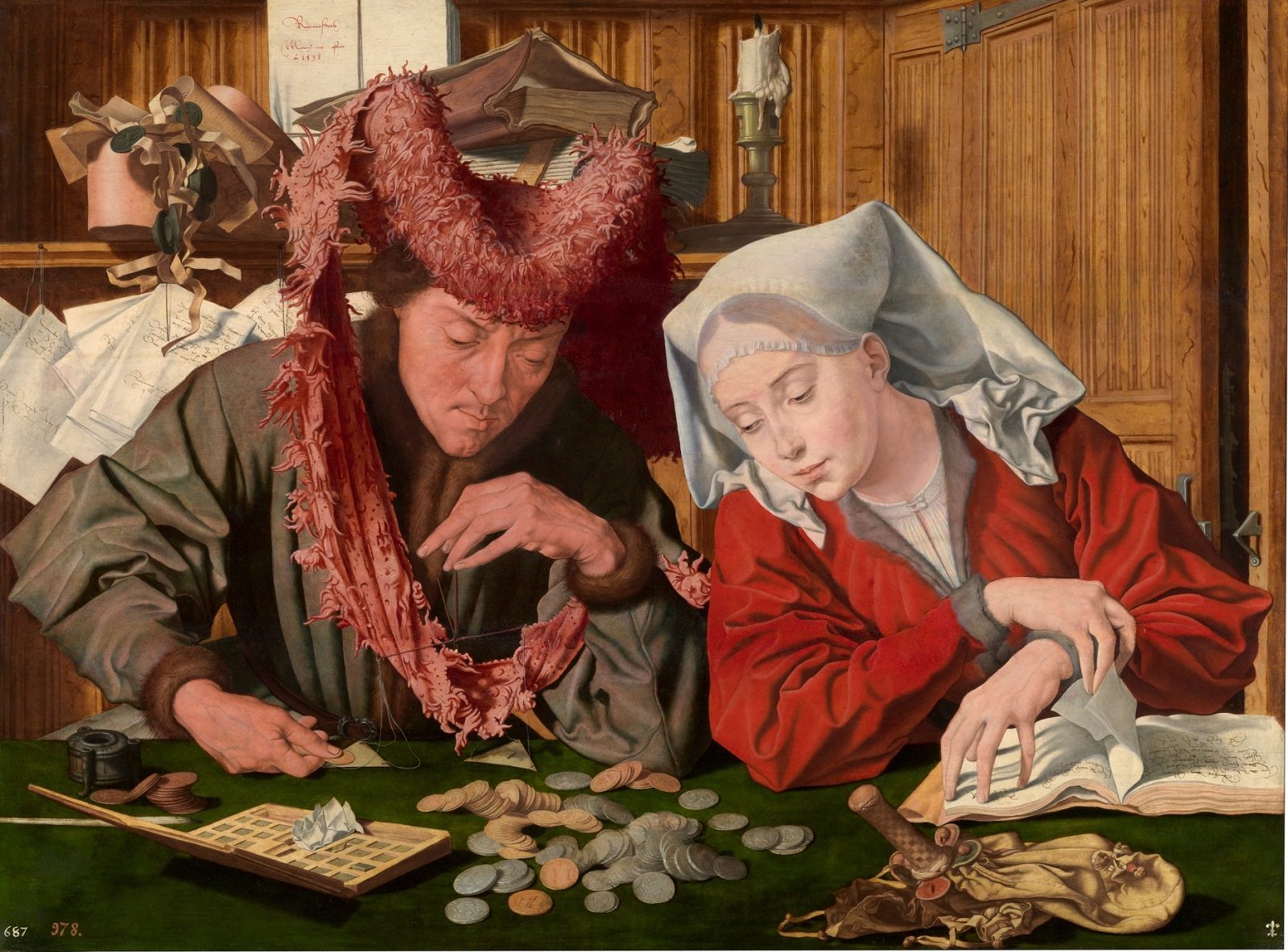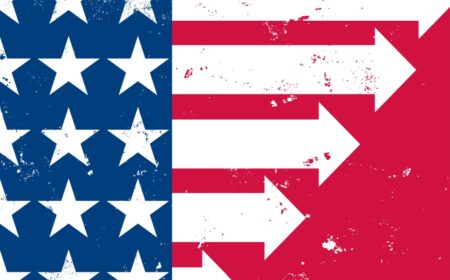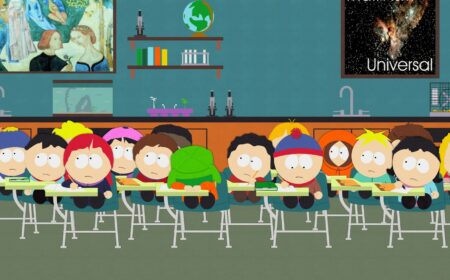Google allegedly paid $360 million to kill the competition
A spokesperson from Activision says that Google never asked or pressured them to not compete with Google Play

In 2018, Epic launched Fortnite outside of Google Play to avoid paying Google’s fees, and the company has said in the past that Project Hug was developed to convince developers to stick with Play rather than opening their own stores. Epic eventually added Fortnite to the Play Store in 2020, but it was removed shortly after. The latest records were that Activision and Riot were contemplating doing it alone.
Activision Blizzard and Riot Games allegedly notified Google that they would launch their own mobile app marketplace. Claims concerning agreements signed with the two corporations led to the release of the information. Google reportedly decided to give Riot $30 million for a one year contract and $360 million over three years to Activision.
In a document, Google employee Karen Aviram Beatty describes a conversation she had with Activision Blizzard’s then CFO Armin Zerza one month prior to the two companies’ historic deal. If the partnership were unsuccessful, Zerza said they would create their own mobile distribution platform and increase their reliance on Amazon/Twitch/MSFT for Cloud/eSports and abandon Stadia.
Activision hasn’t made its own mobile app store available, showing that the company was happy with the deal’s outcome.
Project Hug agreements were originally revealed in an unredacted Epic lawsuit in 2021. In contrast, Epic asserts in a recent updated complaint filed on Thursday that Project Hug agreements are created to block the developer from launching a competitor store or otherwise distributing its apps outside the Google Play Store.
Michael Appel, a Google spokesperson, says Epic is misrepresenting business discussions. Initiatives like Project Hug provide incentives for developers to give advantages and early access to Google Play consumers when they release new or updated material. However, they do not prevent developers from establishing competing app stores. The effort of which shows how Google Play fairly competes with various rivals for developers who have a number of options for distributing their digital content and apps.









